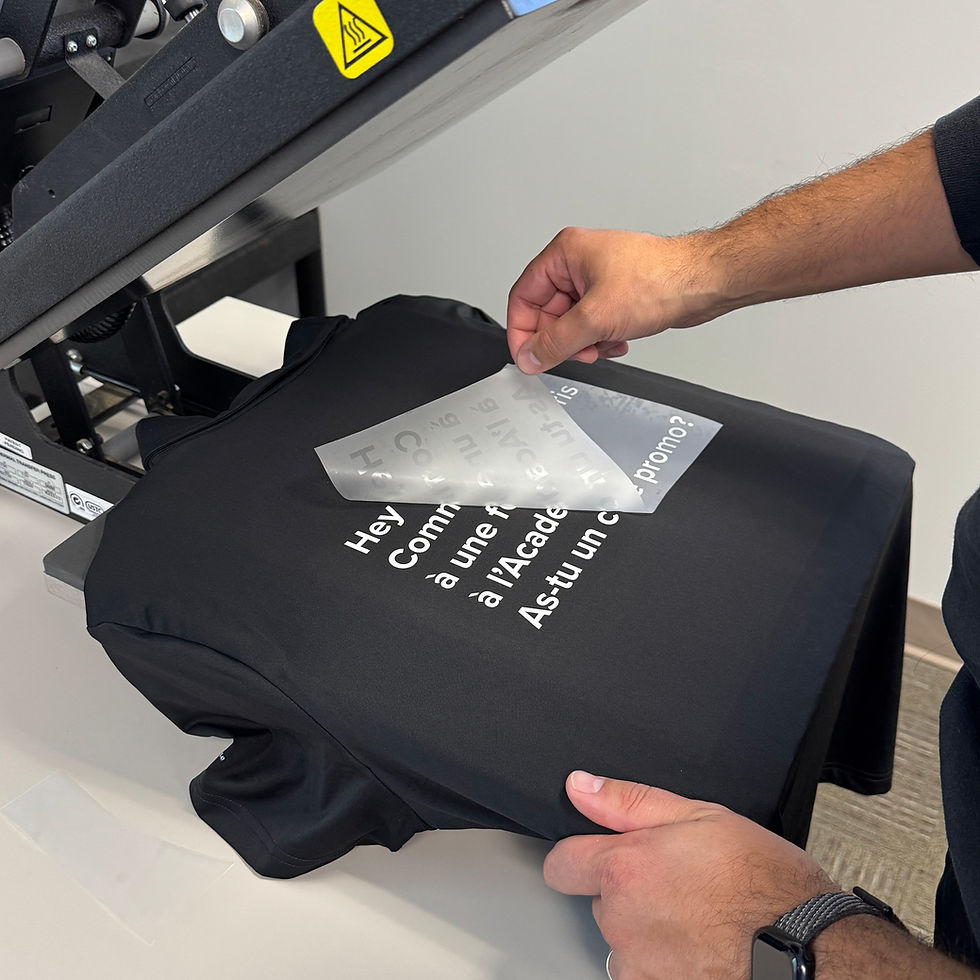How to demonstrate emotional intelligence and leadership?
- Micheline Boisvert-Vachon

- May 9, 2024
- 2 min read
Updated: May 10, 2024
Emotional intelligence, also known as emotional-social intelligence, is an increasingly sought-after skill in today's organizations, especially at the level of leaders and managers. It refers to a person's ability to recognize, understand and manage their own emotions, as well as those of others.
To find out more, you can read the 5 key principles in this previous article .
Bringing emotional intelligence and leadership together
Here are 5 behaviors you can develop to combine emotional intelligence and leadership:

Be flexible
This means knowing how to adapt your leadership style according to the needs of your team or those around you.
Example: it may be necessary to be directive when a quick decision is necessary, but participatory when you want to encourage creativity and engagement of others.

Adapt your communication
It's about adjusting your language and tone according to the emotions and preferences of the interlocutor.
Example: adopt a reassuring tone to allay concerns or more forceful language to motivate.

Manage conflicts effectively
Instead of applying a standard approach to all conflicts, it is important to evaluate each situation individually and choose the best resolution strategy.
Example: facilitating an open discussion to resolve a disagreement or taking clear corrective or disciplinary action when necessary.

Managing your reactions under pressure
Knowing how to manage your emotions under pressure inspires confidence and calm in your team.
Example: rather than panicking or overreacting when a crisis situation arises, it is better to take a step back, assess the situation rationally and communicate clearly and reassuringly with those around you to guide them through the crisis.

Personalize feedback
Recognizing individual differences within your team and personalizing feedback based on the needs and preferences of each member is essential.
Example: providing direct, specific feedback to someone who prefers frank communication, and taking a gentler, more constructive approach with another more sensitive person.
On a daily basis, practicing emotional intelligence requires self-awareness, empathy and the ability to regulate your emotions. By developing these skills, one can become a more effective leader, and thus foster healthy relationships and a productive work atmosphere.
BONUS – Coaching Questions
What behavior is most natural for you?
What behavior needs improvement?
What first small step could you take to generate this improvement?



Comments